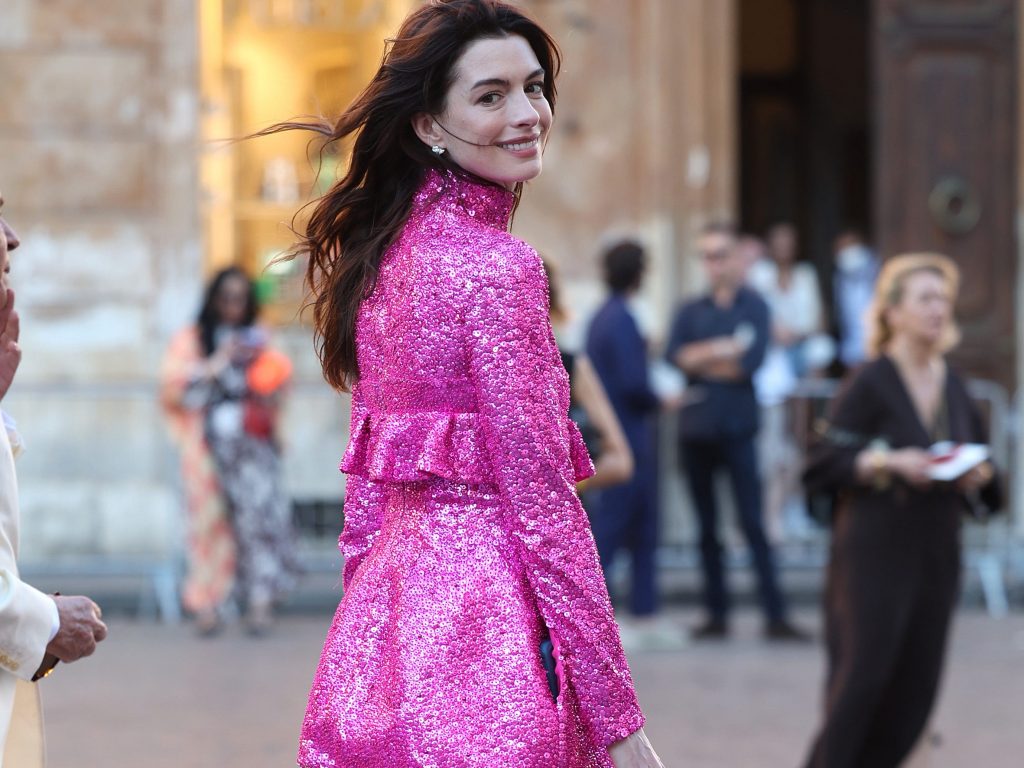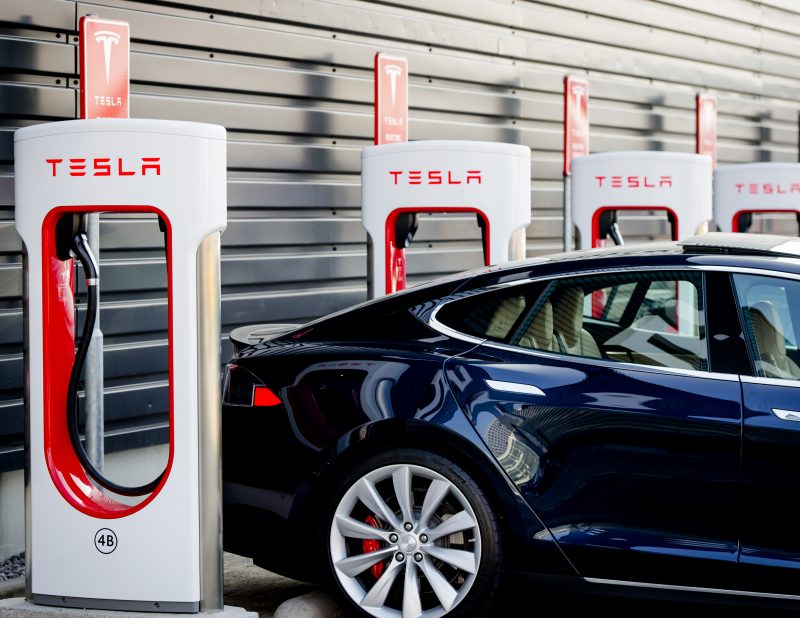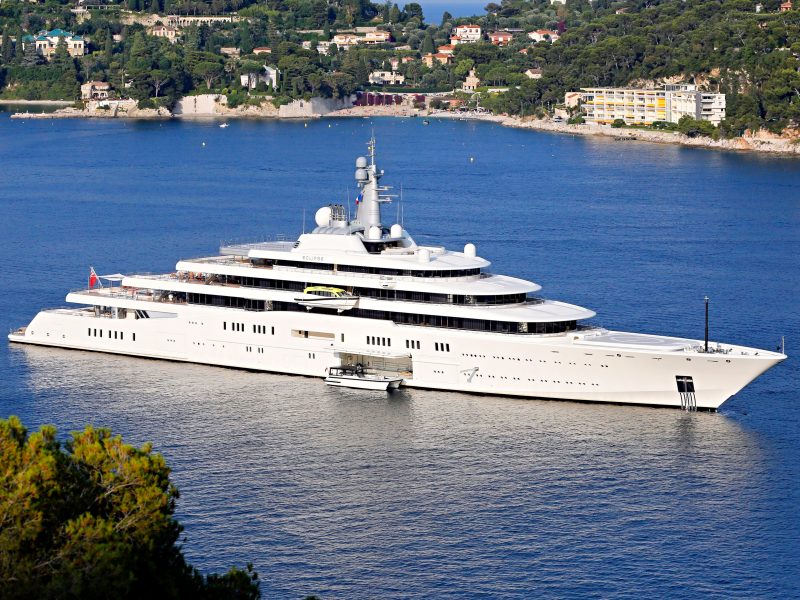- Barbiecore is a fun, hot-pink trend, and a statement on the state of the world, enthusiasts say.
- The fashion statement rejects old standards of beauty and challenges stereotypes on femininity.
- Gen Z and Millennials are embracing it and LGBTQ icons like Lil Nas X are making it their own.
After the pandemic kept her indoors for two years, Imani Fahrah wanted to make a statement for her in-person birthday celebration. Her outfit had to be loud, fun, and fabulous.
The 29-year-old New Yorker finally found it after weeks of searching — a short, poofy, hot-pink chiffon dress paired with sparkly silver heels and a princess crown. Complete with glitter makeup, Fahrah posed for pictures at a Manhattan restaurant with her birthday card that read, "Sassy, classy, and so kick-assy." It was perfectly Barbiecore.
"It's a movement, an aesthetic, a vibe," Fahrah told Insider. "Barbie is diverse now, like Black Barbie. She's had many different jobs. She's a doctor, a veterinarian, a real-estate agent. That's women, that's girls. We can be anything."
Gen Z and Millennials, specifically young women in their 20s and 30s, are leading a fashion movement defined by in-your-face pinks, short skirts, chunky high heels, long nails, and fake lashes. The bimbo aesthetic, an ode to Barbie, is making waves and also highlighting — in a loud color — how feminism, diversity, and even global politics intersect.
The trend coincides with the upcoming release of the Greta Gerwig-directed movie "Barbie" starring Margot Robbie and Ryan Gosling, but fashion professors, trend forecasters, and women say it's not just the movie driving Barbiecore, which began trending in 2020.
We're taking a dated standard of beauty and flipping it on its head.
The hot-pink wave is a statement on feminism, diversity, and global politics, according to Chazlyn Yvonne Stunson, a 21-year-old beauty-and-lifestyle blogger based in Los Angeles.
"I think we have changed the way we think about the stereotypical Barbie girl with blonde hair and the perfect body. Nowadays, we are seeing all kinds of individuals, such as myself, partake in the aesthetic," the blogger, who is Black, added.
Barbiecore is a Gen Z and Millennial response to the quarantining and social distancing from the pandemic, a sexual coming-out moment of sorts, version 2.0 of hot-girl summer. The look, which LGBTQ icons like Lil Nas X and Laverne Cox have embraced, is a feminist statement. It flips the script on stereotypes — specifically that if you wear pink, you're not smart — and expands the notion of femininity to include people beyond blonde, white, heterosexual, cisgender women, industry experts and enthusiasts said.
At the same time, it's an extension of these generations calling for diversity and inclusion, with young people redefining how they're showing up in society and at work, demanding respect in whatever pink outfit they want — like Elle Woods from "Legally Blonde" or Emily from "Emily in Paris" would. The trend exploded after Valentino's Fall/Winter Haute Couture 22-23 fashion show in March and could gain even more steam as Gen Z makes its mark in the working world and young people call for more diversity in corporate America.
"Barbie is a personality," Fahrah said. "Women are starting their own businesses. They're ditching the boring black suits at work. We're saying 'I'm here. I'm showing up in business, at parties, wherever I want.'"
A COVID response with a feminist kick
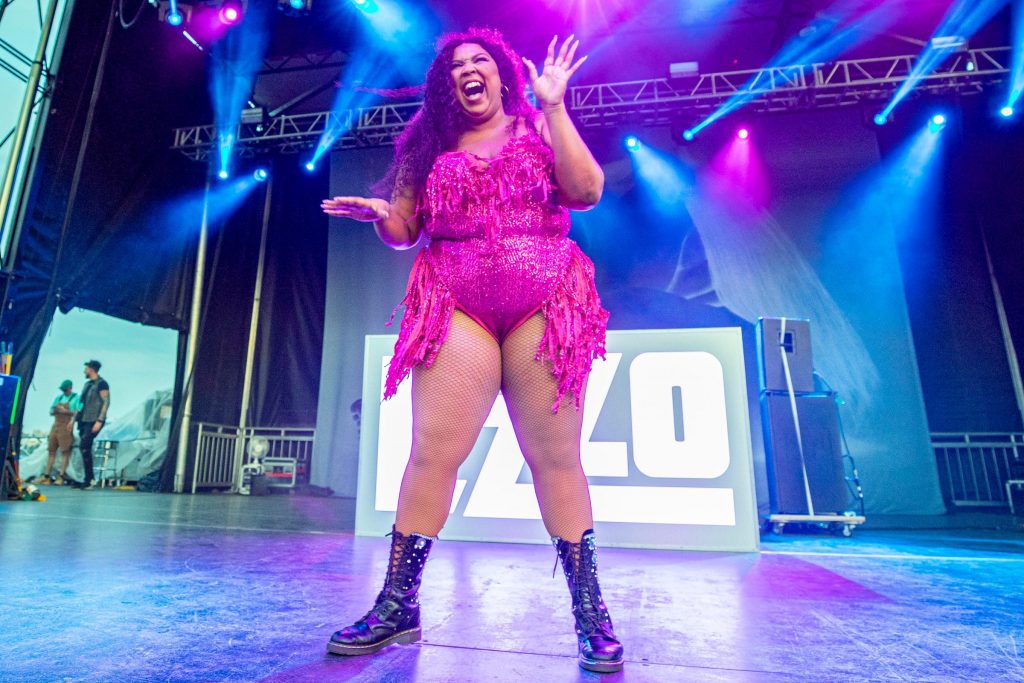
Tara, a 26-year-old lifestyle blogger from Dublin who asked to keep her last name private for safety concerns, has been dressing in Barbiecore-style fashion since before the look had a name. For the past five years, Tara, who goes by her Instagram alias "Princess Bitch," has donned Barbie-pink dresses, high heels, Barbie shirts, and made references to the doll in her captions.
"Barbiecore is popular right now because people are tired of being kept in from COVID, they want to have fun. They're now not afraid to wear what they want," she said. "It's a feminist statement as well. It says 'It's OK to wear bright pink and stand out, you can dress however you want.'"
The shocking-hot pink is a snub to millennial pink, the previously in-vogue, soft hue that was supposed to define a generation, according to Kendall Becker, a trend forecaster who's worked with luxury stores like Bloomingdale's. Becker added that by rejecting the color, Gen Z and Millennials are also saying "no" to the muted version of femininity that society has so often ascribed to women, opting for a bolder version.
"Initially, Barbiecore was about coming out of COVID. There was an emphasis on party dressing, night dressing, and owning your sexuality," Becker said. "It spilled into workplace culture and street style with pink power suits. It's about owning your look. You're feeling great and you're feeling empowered."
The hot pink is reminiscent of the so-called "pussy hats" that tens of thousands of protestors donned during the 2017 Women's March on Washington, Shawn Grain Carter, a fashion-business consultant and professor at the Fashion Institute of Technology in New York, said.
"Pink is a color that represents new waves of feminism in terms of the world and what we're going through," Grain Carter said, citing how pink became the unofficial color of some #MeToo protests and some of the imagery activists used to show the gender-pay gap.
"Women are reclaiming this color as a way of empowerment at work, in politics, in finance, in media," she said. "It's this notion of pink being used as a tool of empowerment for women, whether they're trans women, young women, old women, middle-aged women, post-menopausal women, it doesn't matter."
Embracing diversity and inclusion
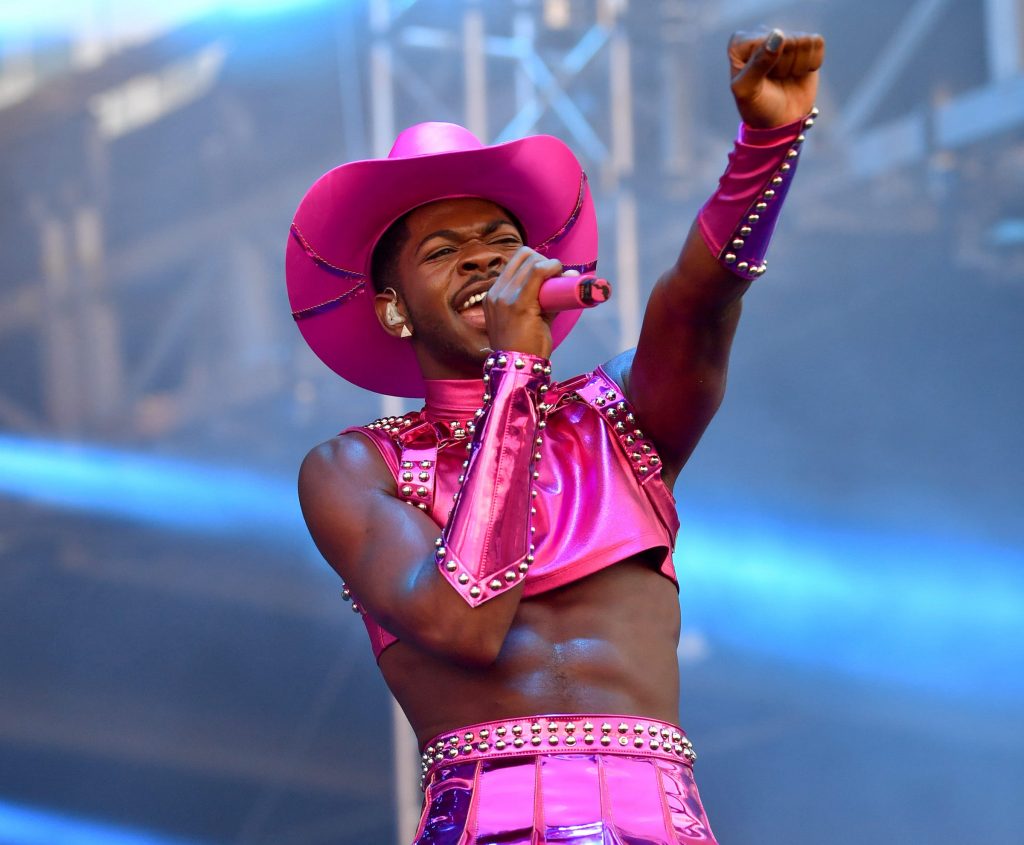
Barbiecore, specifically the hot-pink power suit, is a product of 2020-induced calls for diversity and inclusion in corporate America, according to Grain Carter and Jamie Ross, a former fashion executive who's now a consultant and educator who's taught at Marist College and the Fashion Institute of Technology.
Barbie is a girl boss now.
"Barbie is a girl boss now," Grain Carter said. "Barbie represents tradition, but also pushing and breaking new boundaries."
Black artists, designers, and pop-culture icons have been crucial to the proliferation of Barbiecore. Black women like pop star Lizzo and actress Ariana DeBose made headlines recently with their hot-pink getups. Hip-hop artist Lakeyah, in her recent hit "I Look Good" combines lyrics on making money, looking good, and demanding respect. "I body a bitch. Flawless, Barbie a bitch. Don't get me started. Push start in this bitch," she raps. And Black fashion designers Hanifa, Kimberly Goldson, and Rich Fresh, who have all worked with Mattel, drew on the Barbie aesthetic for their 2022 and 2023 collections.
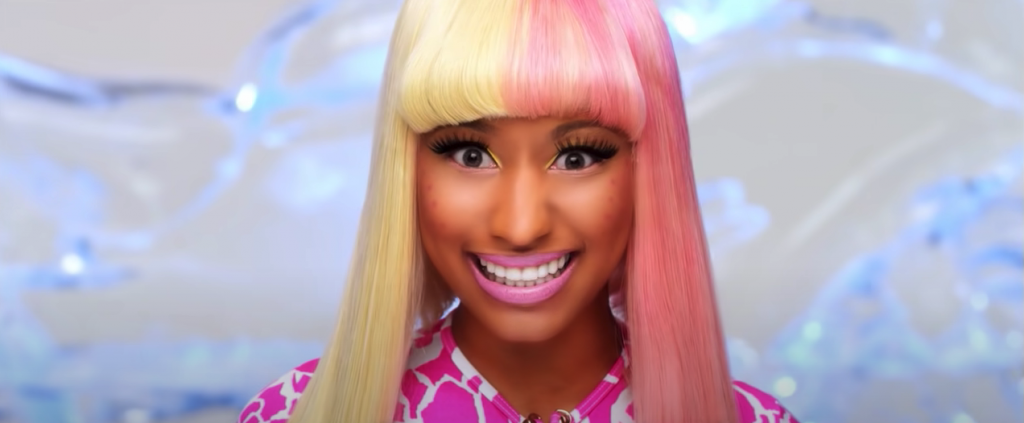
Indeed, many attribute Barbiecore's origin to rap icon Nicki Minaj's rise to fame in 2010, with her hit album "Pink Friday." Minaj paired pretty pink outfits and a big smile with bold lyrics about sex and fortune. She's called her fans "Barbz" for years and in 2021 declared that she's the "f**kin' Black barbie" in her song "Black Barbie."
Tonya Parker, 49, of Newport News, Virginia, said she loves that Barbiecore challenges the notion that blonde, thin women are the epitome of beauty.
"I think Barbiecore is definitely a statement on diversity," she said. "We're taking a dated standard of beauty and flipping it on its head. And it's certainly a response to current events. I always see joy as a form of resistance."
Taking on a life of its own
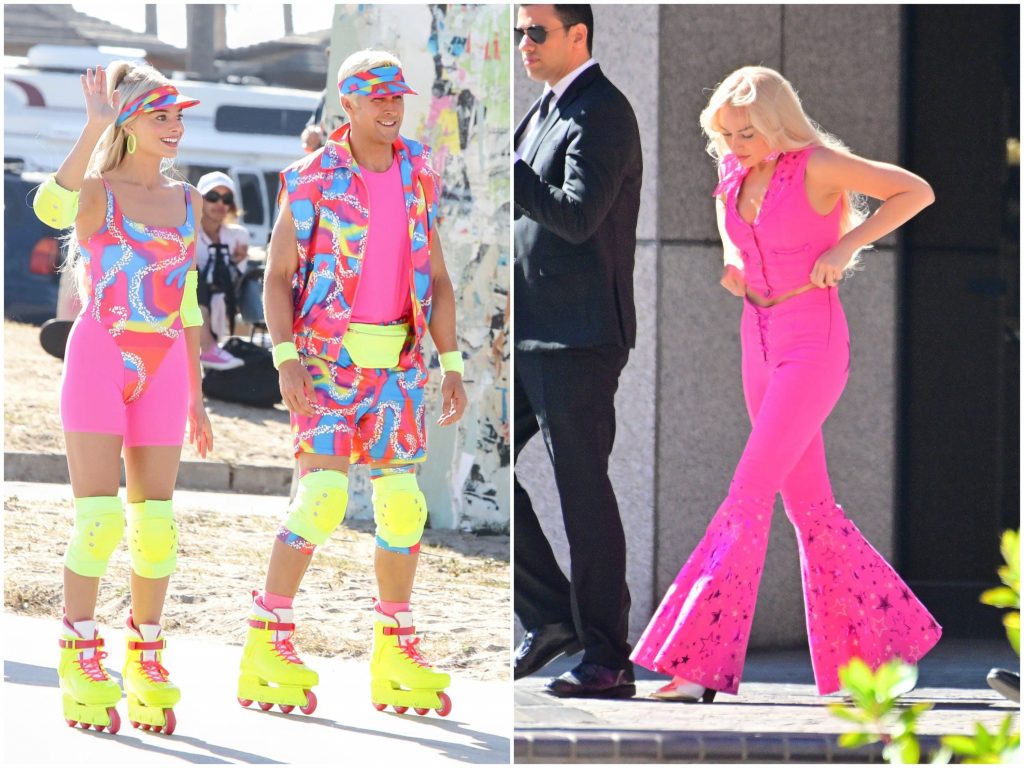
Barbiecore has the potential to get even bigger with the eponymous movie, which industry experts anticipate to debut in July 2023.
The fact that it's directed by Gerwig, known for her empowering work "Lady Bird," as well as the fact that it's expected to feature a diverse cast, including a transgender Ken, could make the movie — and thus the fashion trend — popular with more young consumers, Ross said.
For Fahrah, one thing is certain — Barbiecore is a much-needed breath of fresh air.
"I've always felt like I was judged for loving bright pink and hot pink. It was always seen as emotional and vulnerable. For it to transition to a strong color is awesome," Fahrah said. "This look says 'It's my year and I'm embracing me.'"

